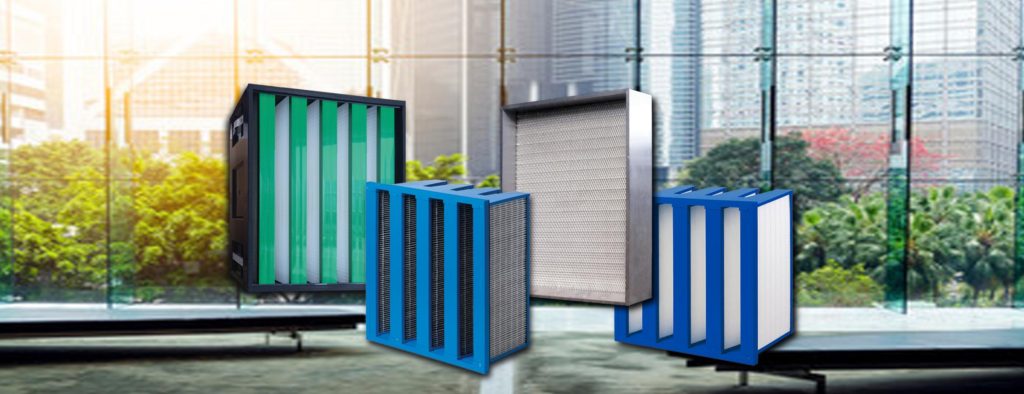Growth in green construction is expected to drive the air filter market, especially in the HVAC air filter segment. The demand for high-quality, effective air filters is projected to steadily increase with accompanying exponential increases in green construction spending.
Leadership in Energy and Environmental Design (LEED1) credits and certification depend on the effectiveness of a building’s air filters. (Energy Star2) does not have air filter standards or requirements.) In some cases, green construction itself can give rise to indoor pollutants, further driving the need for effective air filtration systems and efficient, superior air filters.
Green Construction
Green construction is the planning, design, construction, and operation of a building in ways that preserve resources and promote their efficient use. Green construction includes:
• Construction designed around the present natural environment,
• Waste and pollution reduction, especially recycling and reusing resources,
• Design and operation that promotes good indoor air quality,
• Use of non-toxic and ethical materials, and
• Care for the health and safety of building occupants.
Any type of construction can be green construction, so long as it includes the actions above, at a minimum.
Green Construction and the Air Filter Market
The air filter market is expected to improve, on average, by 7% yearly through 2021. Meanwhile, green construction spending continues to increase by hundreds of billions of dollars yearly.
Although LEED credits and certification depend on air filter quality, some aspects of green building have increased demand for more and better air filters.
A primary aspect of green construction planning is often to construct buildings in urban areas, close to public transportation. In doing so, heavily contaminated outdoor air can often become trapped inside a green building. This requires better air filtration or more frequent changing of some air filters.
The use of recycled and reused materials can increase the concentration of toxic heavy metals. Other pollutants from recycled and reused materials may also be re-emitted or emit toxins used in the recycling process. Green construction demands that the air filter industry keep pace with various evolving issues of indoor air quality associated with the negative aspects of green construction as much as the positive aspects.
Conclusion
Increasing public concern for environmental quality and indoor air quality (IAQ) has caused an increase in the demand for green construction as well as an increase in demand for better air filters. Green construction, though, will be the primary driver of air filter spending as companies scramble to become LEED-certified to keep up with consumer demand for greener building practices.
With low a pressure drop (i.e., delta p, backpressure, etc.) Engineered Filtration Systems (EFS) line of air filters have high efficiencies while using little energy. For more information,
contact EFS online. Or call us at 1-800-796-4337.
1 https://www.usgbc.org/credits/reqheqp5r1
2 https://www.energystar.gov

